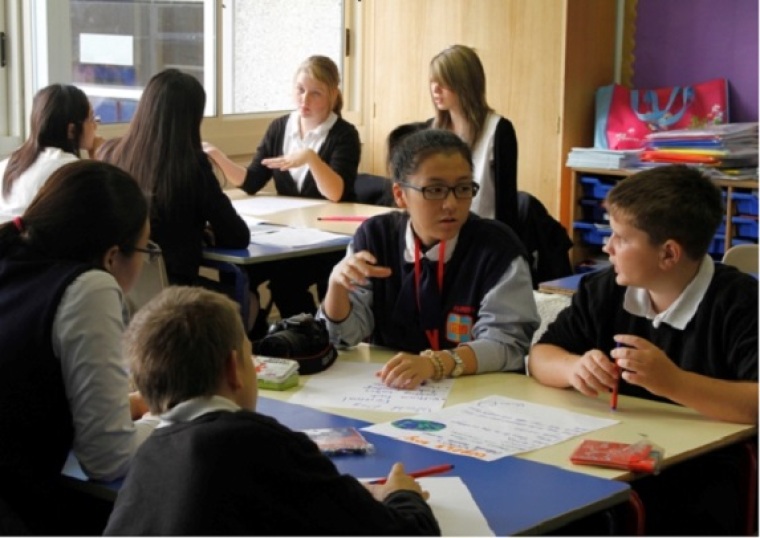Young adult ethics driven by music & home, not sports

BIRMINGHAM, U.K. (Christian Examiner) -- In the largest study of its kind in the United Kingdom, researchers found that students who said they practiced their faith were found to be better prepared to respond to moral delimmas than peers who said they had a religious affiliation but were not active in it or who have no spiritual practice at all.
Actively religious students scored 48 percent on a test using moral dilemma scenarios compared to scores of 42 percent for those who had a faith tradition but did not practice it, and 41 percent for atheists and agnostics. The average score for all students was 42.6 percent.
This last finding regarding families is an important reminder of the importance of parents. It should encourage all schools to take steps to strengthen the partnership between school and home.
Researchers from the University of Birmingham Jubilee Centre for Character and Virtues triangulated information from these graded tests with responses to survey questions about moral characteristics as well as information gleaned from semi-structured interviews of more than 10,000 students in order to get a fully-orbed understanding of the ethical character of Great Britain's youth.
Some surprising findings include a large difference between the scores by boys and girls on ethical reasoning (37 percent compared to 47 percent). Likewise, despite the widely held belief that sports build character, British youth athletes did not perform better than non-athletes. In fact, "students who said they were involved in music or choir or drama outside of school performed better than those who said they were not and did not."
Overall, the researchers found there was a diversity of school types in both the top and bottom performing schools—faith and non-faith, public and private, large and small, rural and urban. The best schools showed a strong commitment to "developing the whole child" and had at least on champion on staff who was "knowledgeable and passionate" about character development; set aside time to discuss moral issues; and, had families who were described as active in character development in the home.
"This last finding regarding families is an important reminder of the importance of parents," the report said. "It should encourage all schools to take steps to strengthen the partnership between school and home."
Stressing that education, rightly conceived, will "help students become smart and to help them become good," the social scientists concluded that "history reminds us that civilisations decline when they fail to transmit their strengths of character to the next generation."